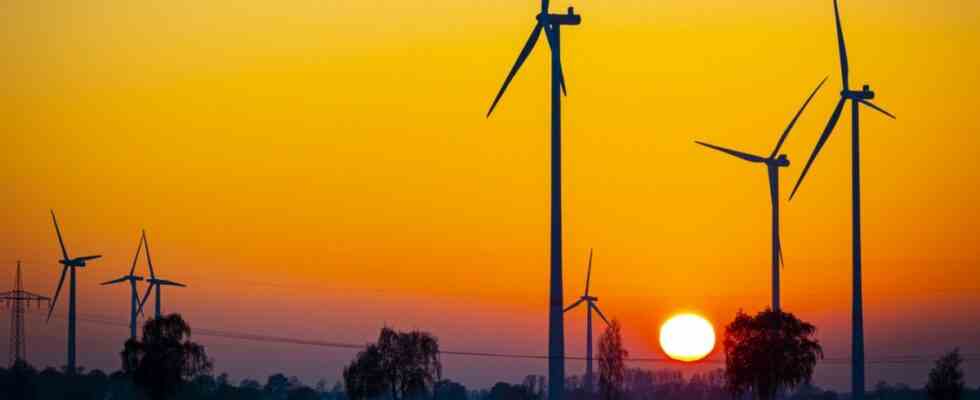From January it should be much faster to have the construction of solar systems and heat pumps approved. The same should apply to the expansion or modernization of existing wind farms. This regulates an EU law, which the Commission presented two weeks ago. At their meeting in Brussels on Thursday, the EU energy ministers agreed on the content of the final version of this legal act. However, contrary to plan, they were not able to formally pass it because some governments demanded that this law only be approved once the member states had also agreed on the contested EU gas price cap.
Therefore, the ministers should now wave through the legal act for faster approvals of green electricity projects at a special meeting on December 13, shortly before the planned EU summit. The aim of the law is to rapidly increase the amount of green electricity and heat pumps installed so that member states use less gas for power plants and heating. In the EU, guidelines for the promotion of green electricity and energy efficiency are going through the legislative process anyway, but it will still take some time before these legal acts come into force. The emergency law is intended to bridge this period.
However, the 27 EU governments have weakened the Commission’s draft in some places. The authority wanted to ensure that solar systems on roofs are approved within a month. Now it should be three months. The expansion and renewal of existing wind and solar power plants are to be approved within a year. If solar projects do not require additional space, there is no longer an environmental impact assessment. Projects should also be more difficult to challenge in court.
Some nature conservation organizations have therefore expressed criticism of the plans. But Michael Bloss, the climate policy spokesman for the Greens in the EU Parliament, defends the law: “The fast lane for the expansion of renewable energies is finally free,” he says. Green energy is “the way out of dependence on Putin and autocratic regimes”.

